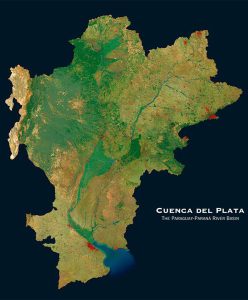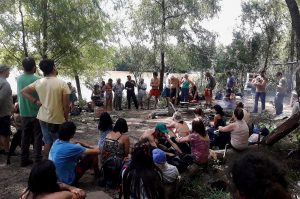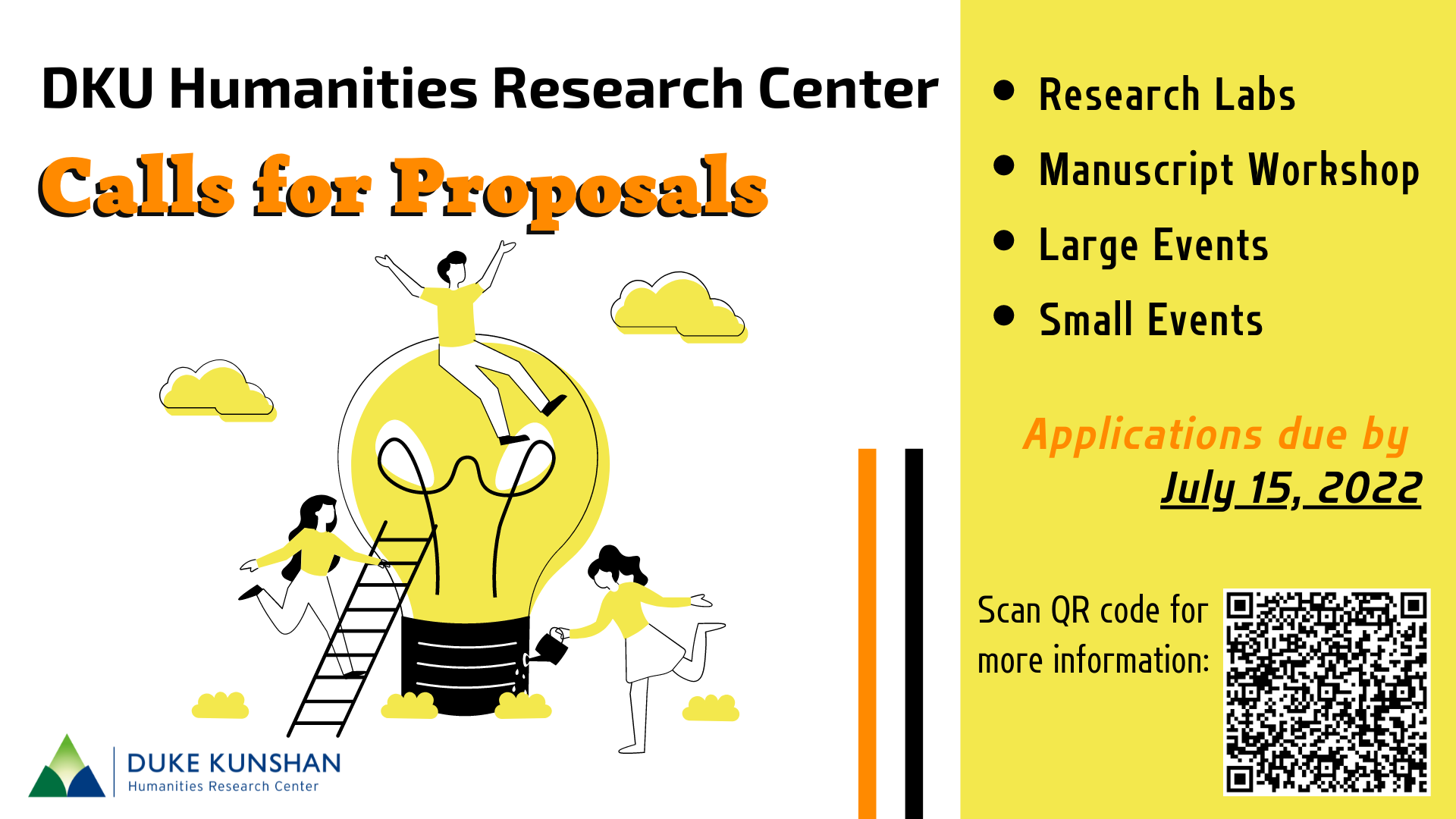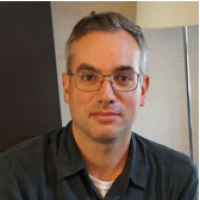The Humanities Research Center proudly announces the current research projects being conducted by the HRC labs. We invite you stay in touch with updates on each of these projects by checking the news sections of our website and following our weekly newsletter.
PROJECT 1
Title: The Neganthropocene and Arts (Case studies in China)
Who: Prof. Jung Choi, Meixuan Wang, Yujia Zhai
Project summary: Inspired by the notion of Neganthropocene by a French Philosopher, Bernard Stiegler, the study explores innovative tactics by Chinese emerging artists that challenge the human-centered logic of understanding the world.
PROJECT 2
Title: DKU Augmented Reality (AR) Campus
Who: Prof. Xin Tong, Prof. Jung Choi, student researchers Qingyang He, Tony Ren, Weiran Li, and Ruiqi Chen
Project summary: In the research, we are creating an AR mobile app, DKU AR Campus, and investigating how augmented reality technology can support spatial digital co-creation and social interaction. We aim to understand multi-users’ social dynamics and examine their co-creation behaviors in an embodied AR context and derive design implications to shed light on future research. Continue reading “Humanities Research Center Current Research Projects”






 This project combines ethnographic analysis and creative collaboration with Casa Rio to explore ways that citizenship and justice are being reconceived in biocultural terms. Over the last decade, Casa Río: Laboratorio del Poder Hacer (River House: Building Power Lab,
This project combines ethnographic analysis and creative collaboration with Casa Rio to explore ways that citizenship and justice are being reconceived in biocultural terms. Over the last decade, Casa Río: Laboratorio del Poder Hacer (River House: Building Power Lab,  The Paraná wetlands connect people, economies and ecologies in Argentina, Paraguay, Brazil, and Bolivia, providing irrigation and transport for the largest soy producing region on earth (the so called ‘republic of soy’). The Paraná has also become a flashpoint in Argentina for thinking about the relationship of ecological sustainability to social justice, and both in relation to accelerating climate change and extractive industry.
The Paraná wetlands connect people, economies and ecologies in Argentina, Paraguay, Brazil, and Bolivia, providing irrigation and transport for the largest soy producing region on earth (the so called ‘republic of soy’). The Paraná has also become a flashpoint in Argentina for thinking about the relationship of ecological sustainability to social justice, and both in relation to accelerating climate change and extractive industry.

 Tony showing us the the preliminaries, which include downloading
Tony showing us the the preliminaries, which include downloading 